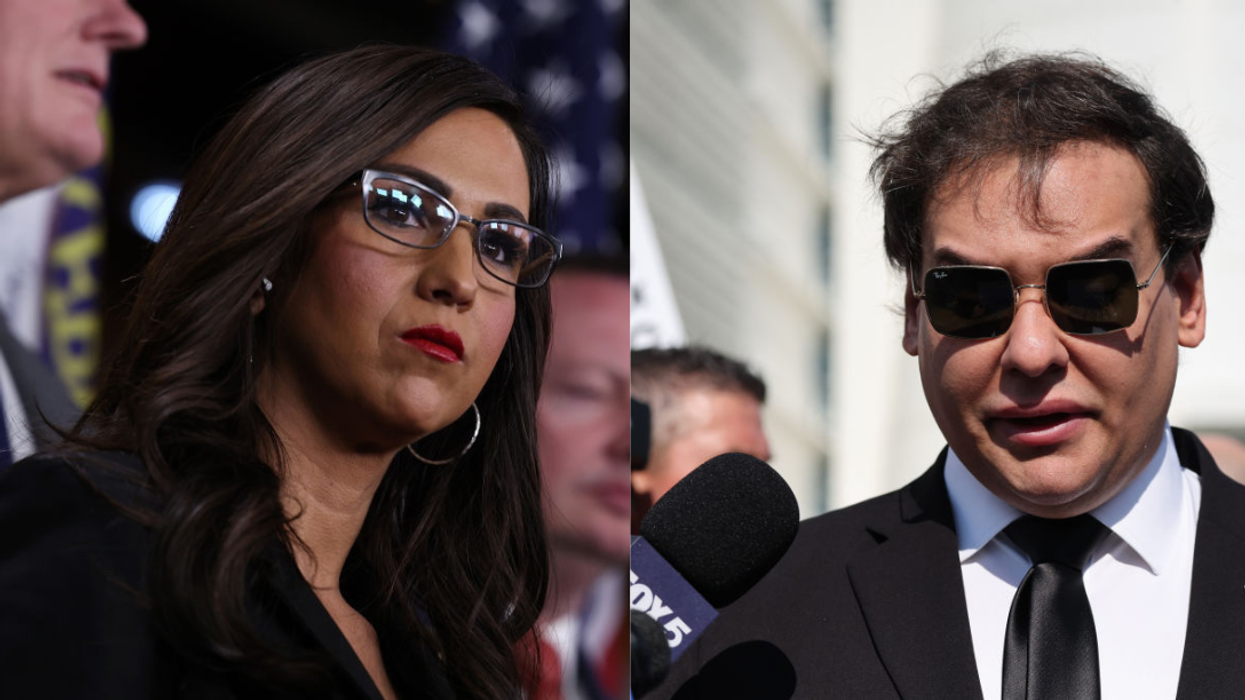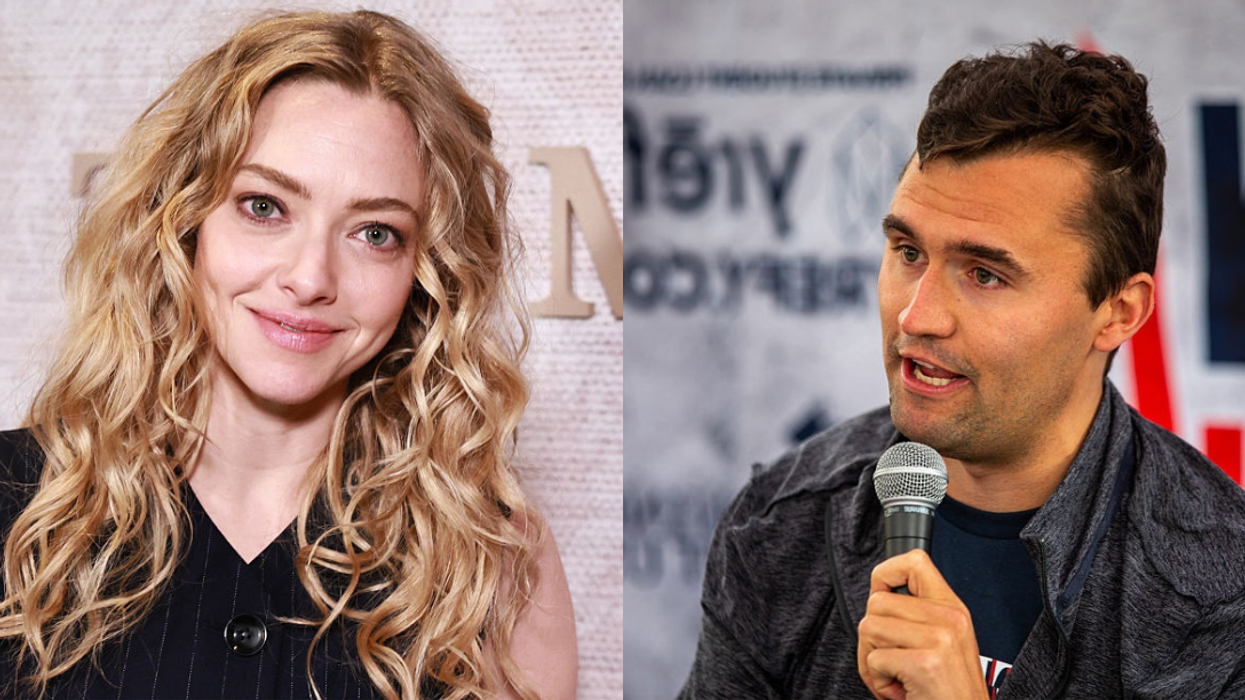According to this recent study, if a major pandemic broke out now, at least 15 million Americans would be dead.
Experts at Johns Hopkins Centre for Health Security worked with politicians to gauge how the United States would do if a new, contagious disease were to break out.
Some of the politicians involved in the study were Senate Majority Leader Tom Daschle, Indiana Representative Susan Brooks (R) and former CDC Director Julie Gerberding.
They were involved in a day-long exercise to see how well the government would react to a moderately contagious and moderately deadly virus. The set-up for the exercise was as follows:
- The virus, dubbed Clade X, originated in Frankfurt, Germany and Caracas, Venezuela.
- The virus is transmitted primarily by coughing
- Doctors cannot find an effective vaccine or antiviral
- Cases of the virus have just been reported at a small college in Massachusetts
The government officials and scholars in attendance had to take the elements given to them and make decisions on things such as travel bans to Germany and Venezuela, sending troops to aid sick communities abroad, and how to prioritize a vaccine should one be developed.
Part of the purpose behind the exercise was to provide a real-life simulation for the new members of the Trump administration.
By the end of the day (20 months in simulated time), Clade X, later revealed to be chemically engineered by a terrorist group, had killed 150 million people around the globe — 2 percent of the world's population. It had killed 15 to 20 million in the United States alone.
If a vaccine were still unable to be developed, death tolls could climb to 900 million people or more than 10% of the global population.
People are concerned for the future.
Others believe the study should serve as a wake-up call.
The designer of the Clade X simulation, Dr. Eric Toner, said,
"I think we learned that even very knowledgeable, experienced, devoted senior public officials who have lived through many crises still have trouble dealing with something like this .
"And it's not because they are not good or smart or dedicated, it's because we don't have the systems we need to enable the kind of response we'd want to see."
He concluded saying,
"We don't have the ability to produce vaccines to a novel pathogen within months rather than decades and we don't have the global public health capabilities that would allow us to rapidly identify and control an outbreak before it becomes a pandemic.
"It will happen, but I don't know when."
H/T: Indy100, Washington Post, Business Insider



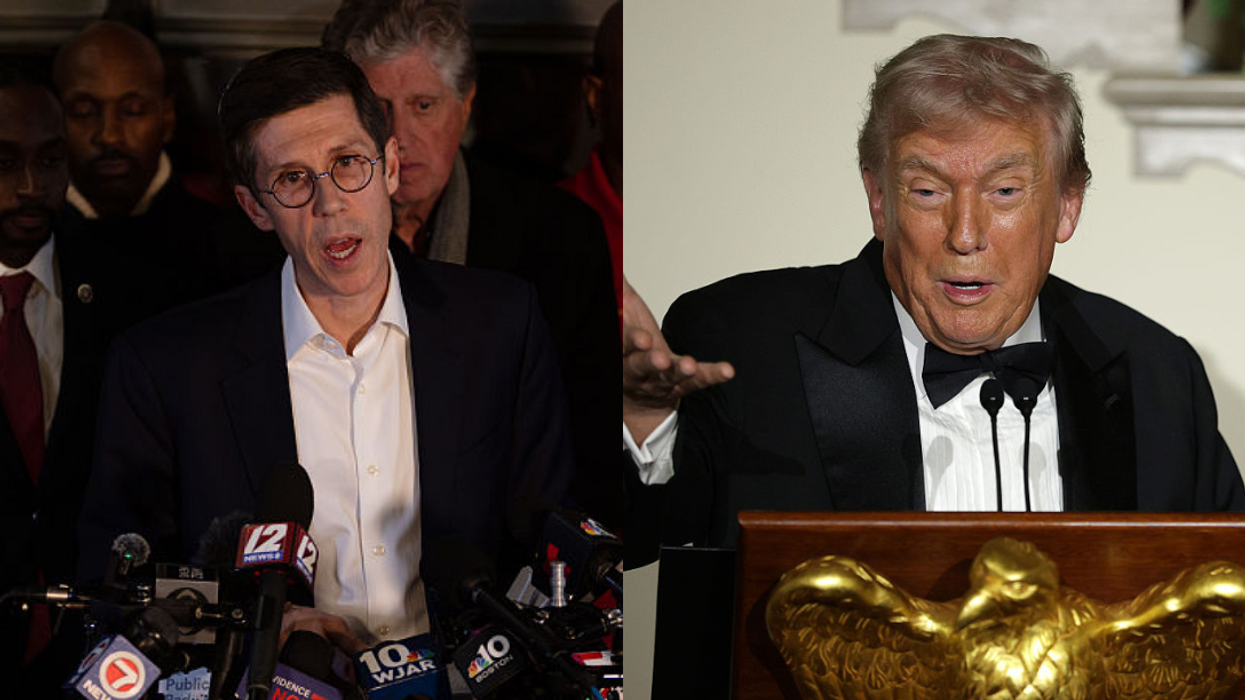

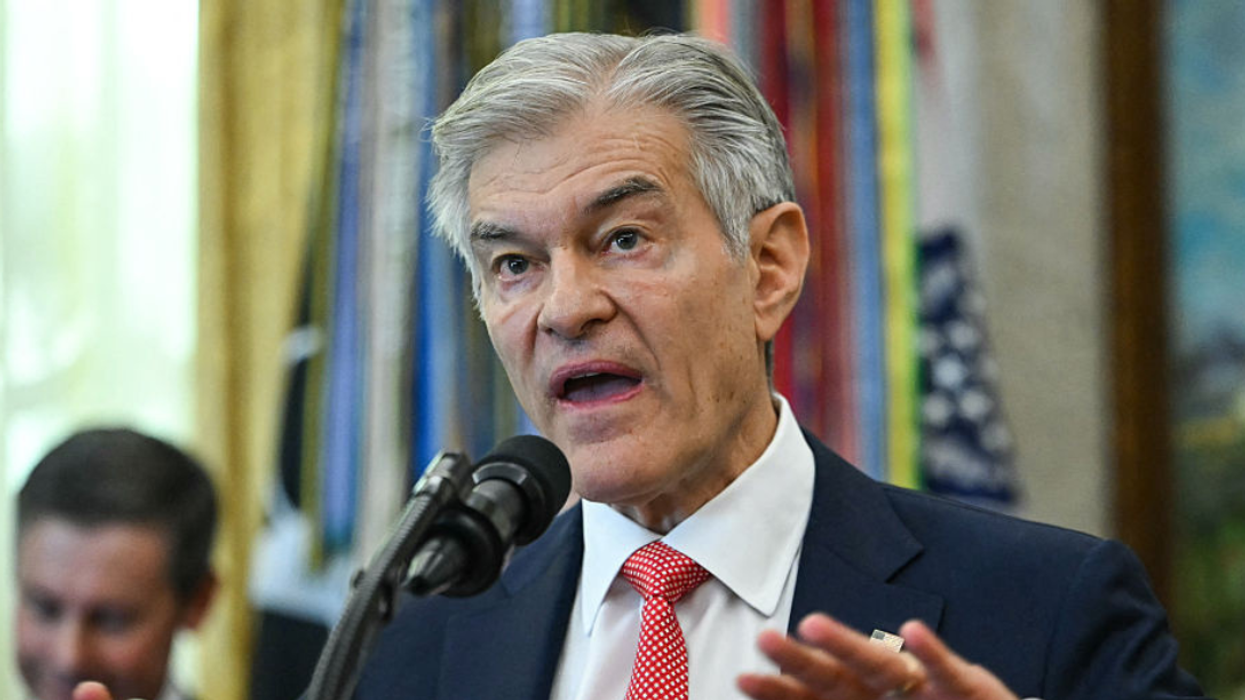




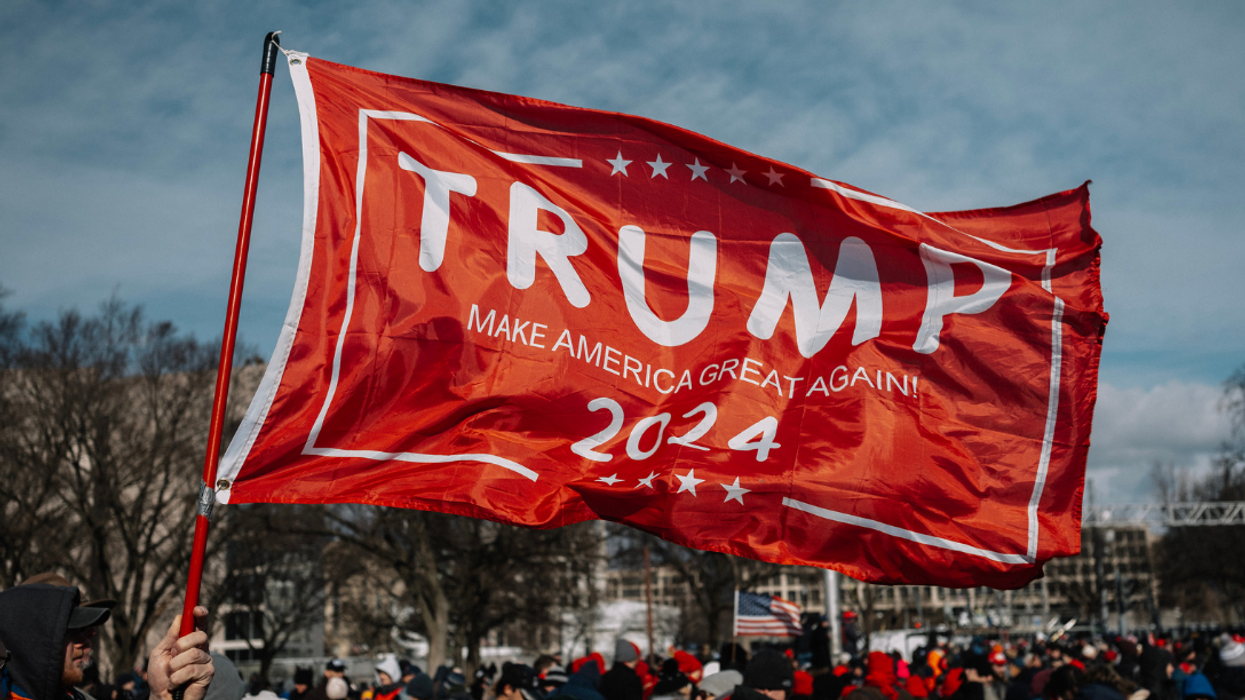


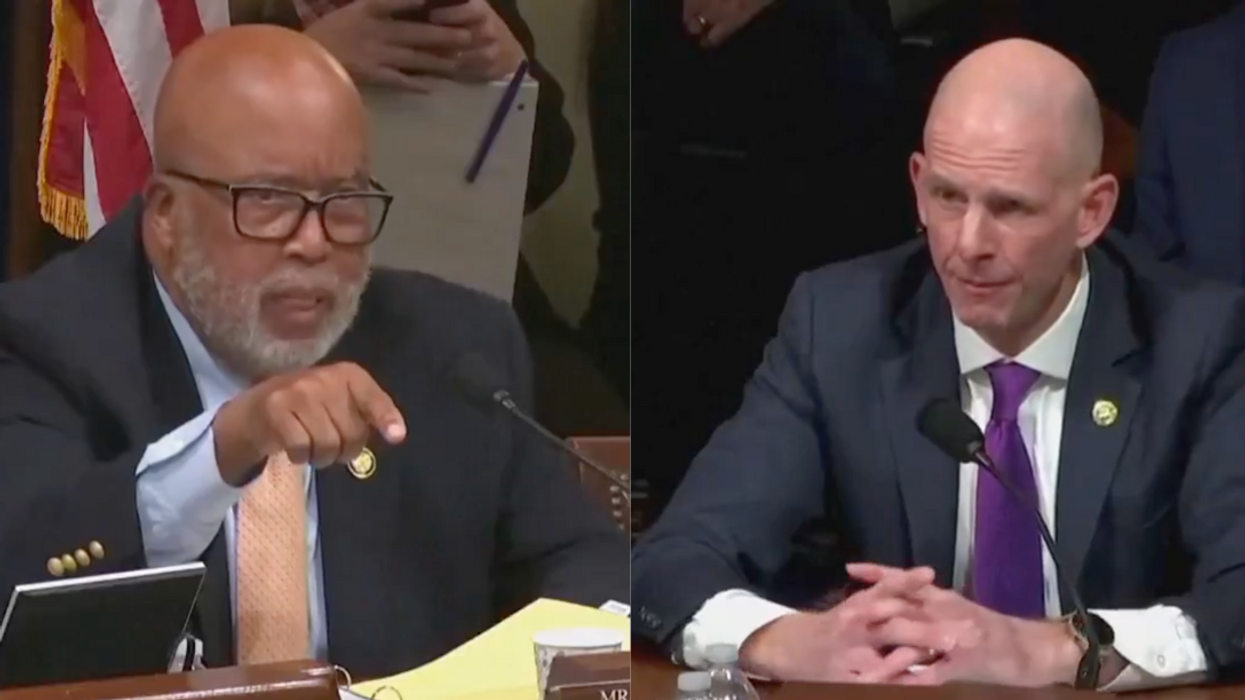

 @gwenstefani/Instagram
@gwenstefani/Instagram @gwenstefani/Instagram
@gwenstefani/Instagram @gwenstefani/Instagram
@gwenstefani/Instagram @gwenstefani/Instagram
@gwenstefani/Instagram @gwenstefani/Instagram
@gwenstefani/Instagram @gwenstefani/Instagram
@gwenstefani/Instagram @gwenstefani/Instagram
@gwenstefani/Instagram @gwenstefani/Instagram
@gwenstefani/Instagram @gwenstefani/Instagram
@gwenstefani/Instagram @gwenstefani/Instagram
@gwenstefani/Instagram @gwenstefani/Instagram
@gwenstefani/Instagram @gwenstefani/Instagram
@gwenstefani/Instagram @gwenstefani/Instagram
@gwenstefani/Instagram @gwenstefani/Instagram
@gwenstefani/Instagram @gwenstefani/Instagram
@gwenstefani/Instagram @gwenstefani/Instagram
@gwenstefani/Instagram @gwenstefani/Instagram
@gwenstefani/Instagram @gwenstefani/Instagram
@gwenstefani/Instagram @gwenstefani/Instagram
@gwenstefani/Instagram @gwenstefani/Instagram
@gwenstefani/Instagram @gwenstefani/Instagram
@gwenstefani/Instagram @gwenstefani/Instagram
@gwenstefani/Instagram @gwenstefani/Instagram
@gwenstefani/Instagram @gwenstefani/Instagram
@gwenstefani/Instagram @gwenstefani/Instagram
@gwenstefani/Instagram @gwenstefani/Instagram
@gwenstefani/Instagram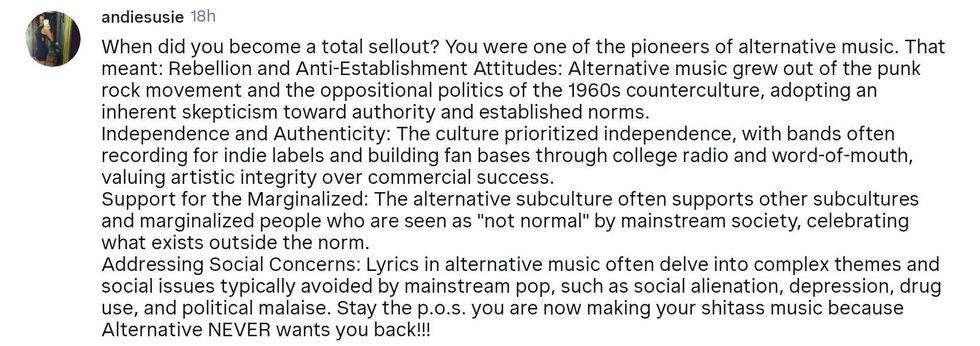 @gwenstefani/Instagram
@gwenstefani/Instagram @gwenstefani/Instagram
@gwenstefani/Instagram @gwenstefani/Instagram
@gwenstefani/Instagram @gwenstefani/Instagram
@gwenstefani/Instagram @gwenstefani/Instagram
@gwenstefani/Instagram